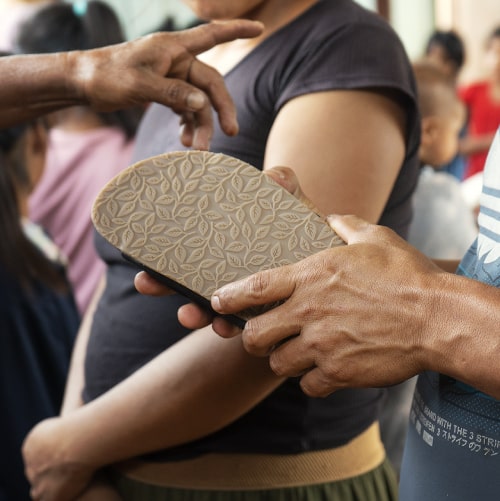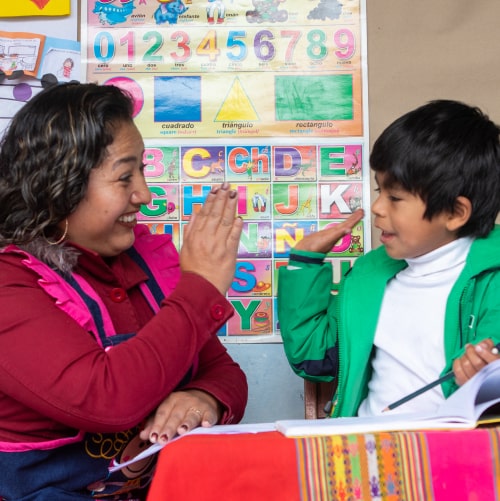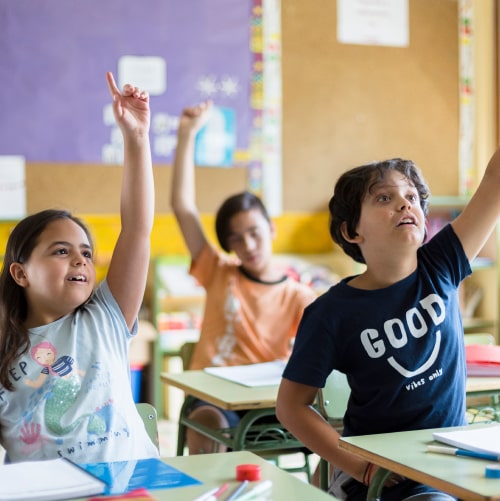When we live a challenging situation, the first mechanism that is activated in each one of us is coping; that is to say, the human capacity to respond in the face of this critical event. Resilience helps us to overcome adverse events and transforms the situation into a strength for future events.
In this context, the “Strengthening resilience in times of COVID-19” workshop was conducted, organized by Wiese Foundation within the framework of its Educational Credit Program. The event featured the specialists Angélica Vidal and Luis Valdera, and was opened by Ingrid Claudet, general manager of Wiese Foundation, who spoke about the efforts made by the institution in order to be able to continue with the program and congratulated the decision of the participants to continue with their studies, which she defined as an important key to develop their progress as persons and professionals.
Ingrid Claudet stated that the beneficiaries of the program can always count on the support from the entity that represents them. The talk continued with the intervention of Angélica Vidal, Luis Valdera and the connected students. It focused on the theme of resilience and how it allows one to overcome the difficult moments in life.
What is resilience? How can I become more resilient in time?
For specialist Luis Valdera, resilience is the ability that people have to overcome difficult moments, and which, in the context that we are currently living through, has manifested itself in different situations. For example, the case of people who have had, and found, the resources for caring for other family members infected with the virus.

1. Self-efficiency
It means recognizing that in complicated circumstances we have the resources for responding to them. Self-efficiency is connected to resiliency because for the latter it is necessary to be aware of the resources that we have in order to overcome problems or to meet objectives.
In this part of the workshop, Luis Valdera invited the participants to make a list with their achievements and skills so that they could be more aware of their own self-efficiency. Furthermore, he urged them to remove from their mind irrational beliefs. For example, the fact that they have failed once does not mean that they always will. Finally, he advised the participants to strengthen their self-efficiency, setting for themselves small objectives and celebrating these victories.

2. Dynamics: positive relationships among peers
Positive relationships are those in which a space of friendship prevails, where we do not feel judged and we can be ourselves. In order to be a resilient person, we must remember that we are social beings who create healthy ties, which allow us to strengthen our resilience.
In order to strengthen our positive relationships, Valdera gave the participants the following tips:
- Creating spaces for sharing time with friends and family, and which help us to better bond with each other.
- Thanking the gestures and moments of kindness.
- Respecting the emotions of others, although we may not understand them.
- Expressing emotions with others.

3. Flexibility and perseverance
It is the ability to continue with our goals, understanding that we can alter our plans in order to achieve them. Angélica Vidal gave as an example the situation of many students who had to delay one period of studies, but who could resume them later on. In this case, the plan changed, but the goal was maintained, so there was flexibility and perseverance.
For Luis Valdera, these are some of the ways to strengthen flexibility and perseverance:
- Creating a list of alternative plans for achieving the same goal.
- Remembering the advice that we always listen to and then ignore.
- Identifying those habits that we need to adopt and that we are postponing.
In the workshop for strengthening resilience, finally, there was a discussion about the importance of being connected to a network of resilient people, which must not be underestimated, but, rather, taken advantage of and valued for achieving the goals that each of us has set for him/herself.

If you wish to learn more about the Educational Credit program of Wiese Foundation, we invite you to click here.










